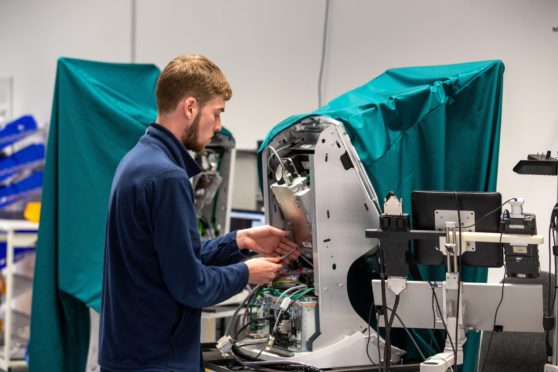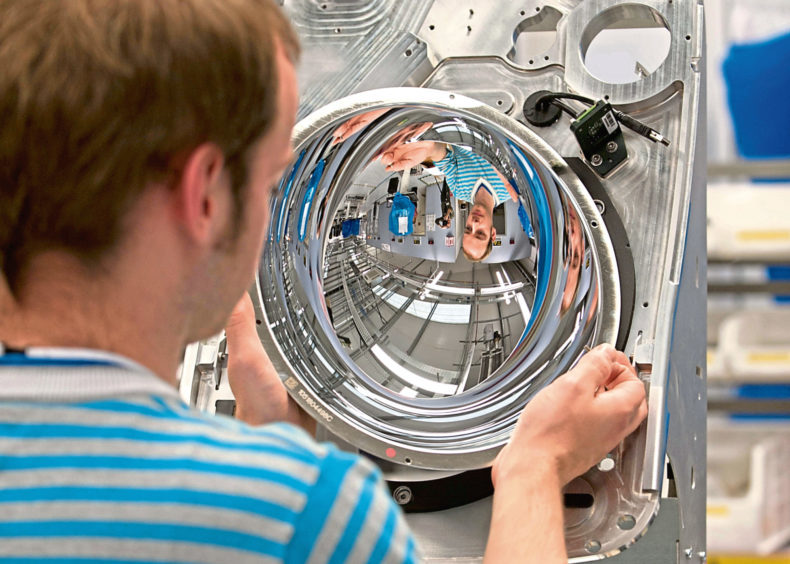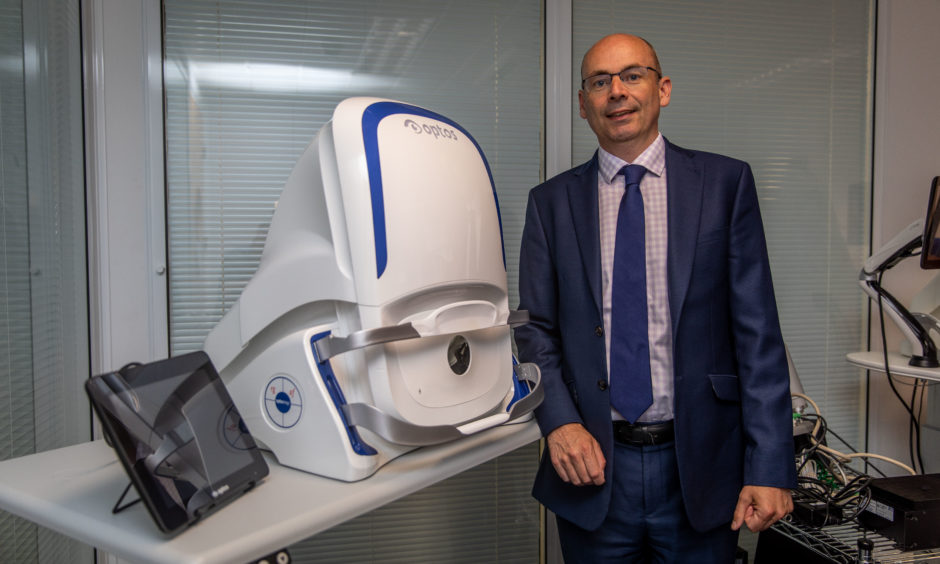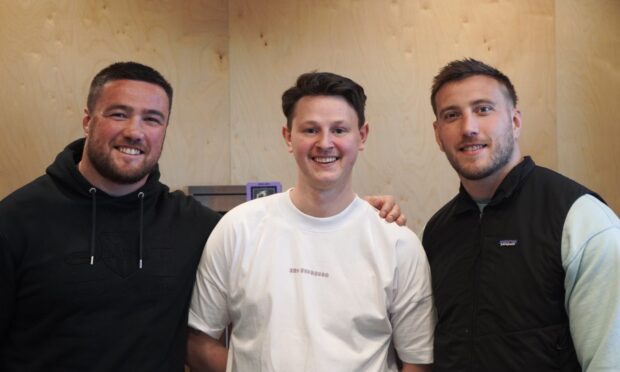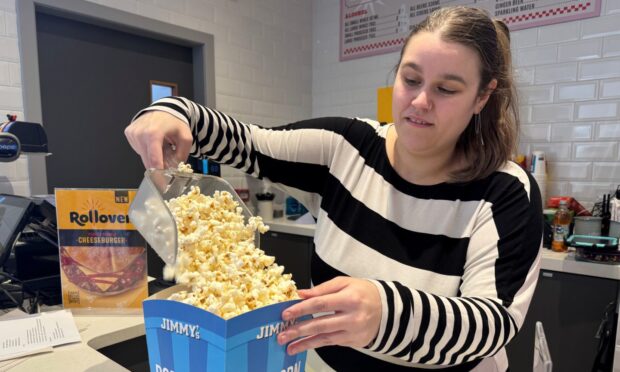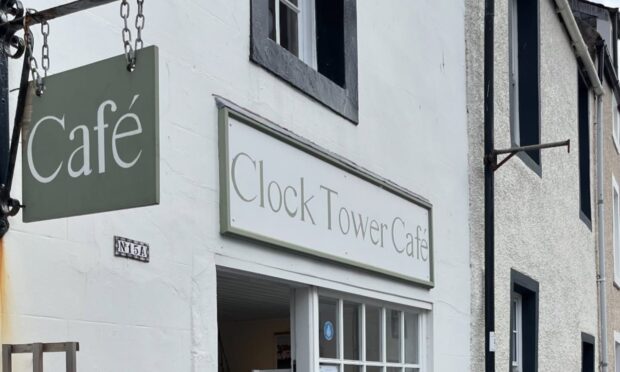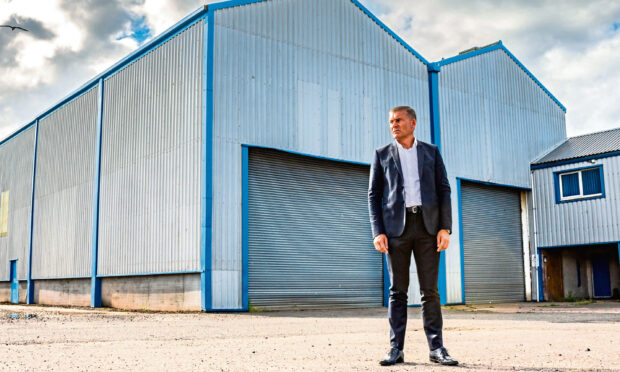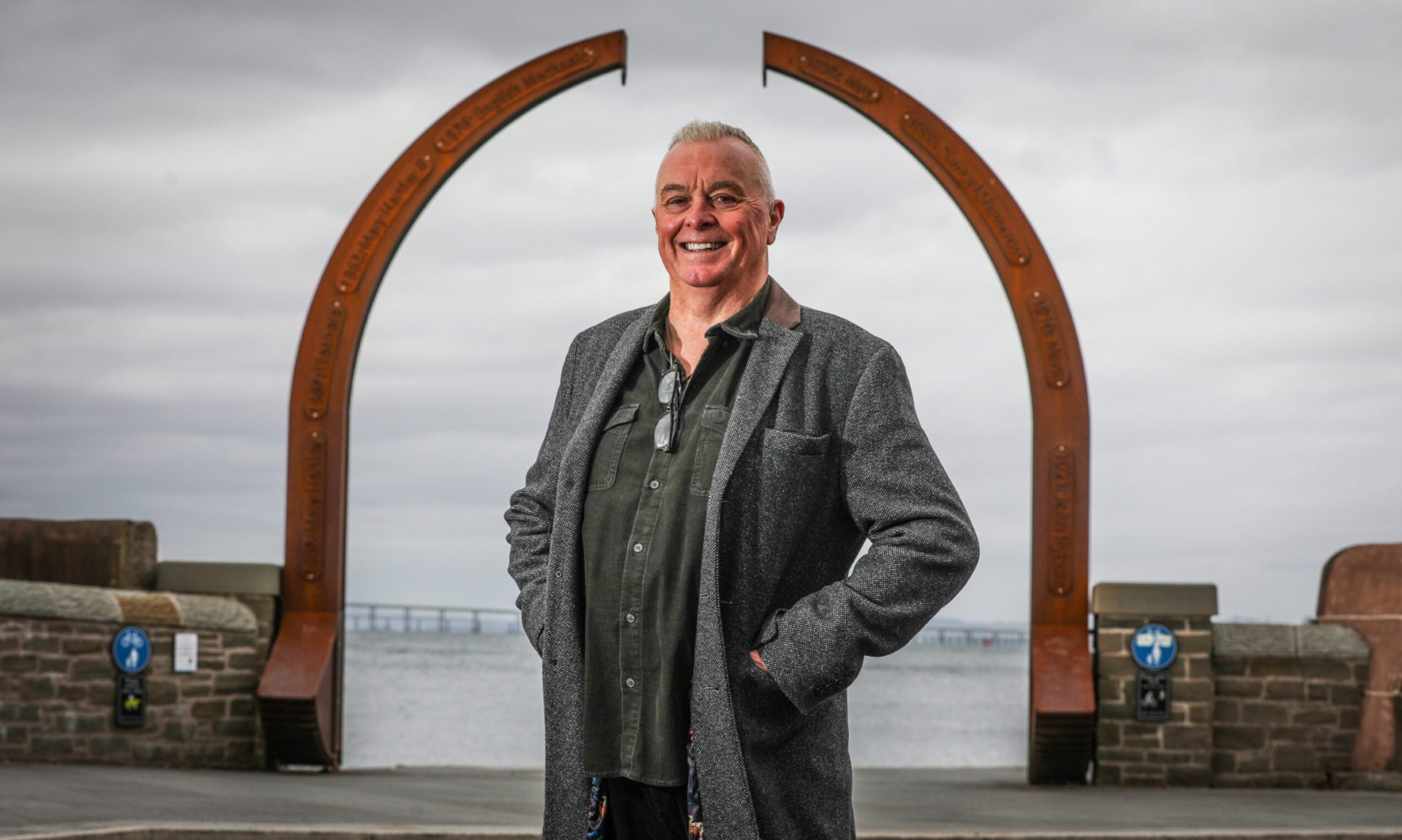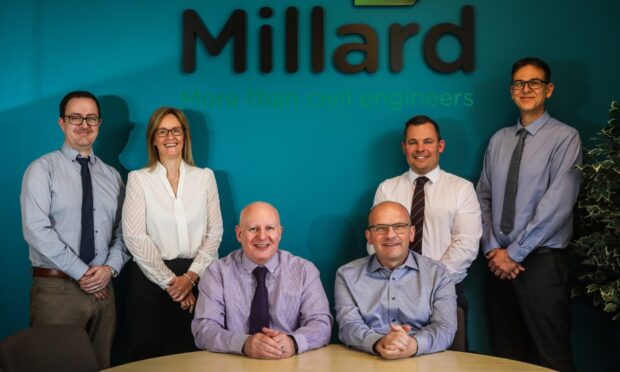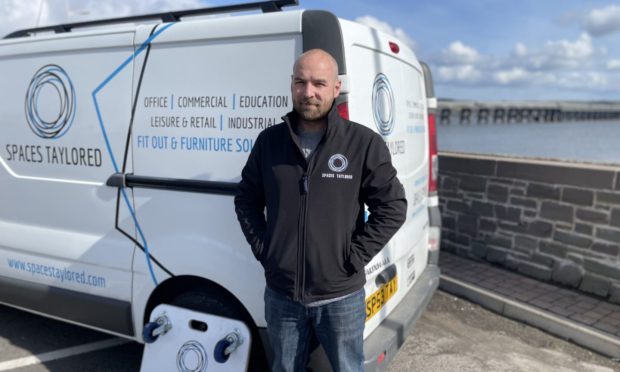The Fife company that is the world leader in retinal imaging devices has seen a sales dip due to the impact of Covid.
Dunfermline-based Optos manufactures machines capable of scanning the outermost edges of the retina.
Newly filed accounts for the year ending March 31 2020 show Optos Plc recorded sales of $117.7m against revenue of $124.4m in 2019.
The decline was put down to Covid-19 impacting sales in the final two months of the financial year.
Pre-tax profits were reported at $25.4m, down from $31.6m in 2019.
The wider group of Optos companies recorded sales of $206m, a fall of 3%.
Chief executive Rob Kennedy said: “This reduction was entirely due to the impact Covid-19 had in the final quarter.
“The business has though demonstrated strong resilience, maintaining product supply whilst supporting all of its customers and we are proud of how seamlessly the team transitioned to the new working environment. Overall, these figures show an extremely robust performance in the circumstances.”
The firm was founded by Douglas Anderson in 1992 after his young son went blind in one eye after a retinal detachment was detected too late.
Almost 30 years later, Optos remains the only firm that can take an ultrawide 200 degree image of the retina in a single capture.
Optos manufactures between 2,500 and 3,000 devices a year in Dunfermline, where it has a workforce of almost 250.
This year saw the firm launch its next-generation Silverstone device which has been well-received by the marketplace.
Optos said it would continue its programme of research and development spend, with more than $13.4m invested last year.
“The company continues to invest in the enhancement of our existing products and in the development of new products and software tools,” the firm said.
“The risk that a third party may produce a more advanced product with improved functionality, or a similar device with a lower cost, is constant.
“The company is committed to continually investment in research and development, developing the quality and functionality of its products and in clinical studied to demonstrate the clinical efficacy and superiority of its devices.
The firm, which was acquired by Japanese camera company Nikon in 2015, also has offices in Boston and Australia.
It said it had built up its global supply chain from January when it realised the risks Covid posed. Its manufacturing operations in Dunfermline and Malborough in the USA introduced social distancing guidance and protection.
“The company’s operating results may be adversely affected by the economic outlook, such as pace of recovery post-Covid-19,” the firm added.
“To mitigate this, the company offers customers a range of ways to access its technology, including outright purchase, pay-per-patient rental and fixed rental.
“We are also well positioned to support health services improve imaging protocols and patient throughput in post Covid-19 healthcare settings.
“We continue to look to diversity geographically and market segments.”
